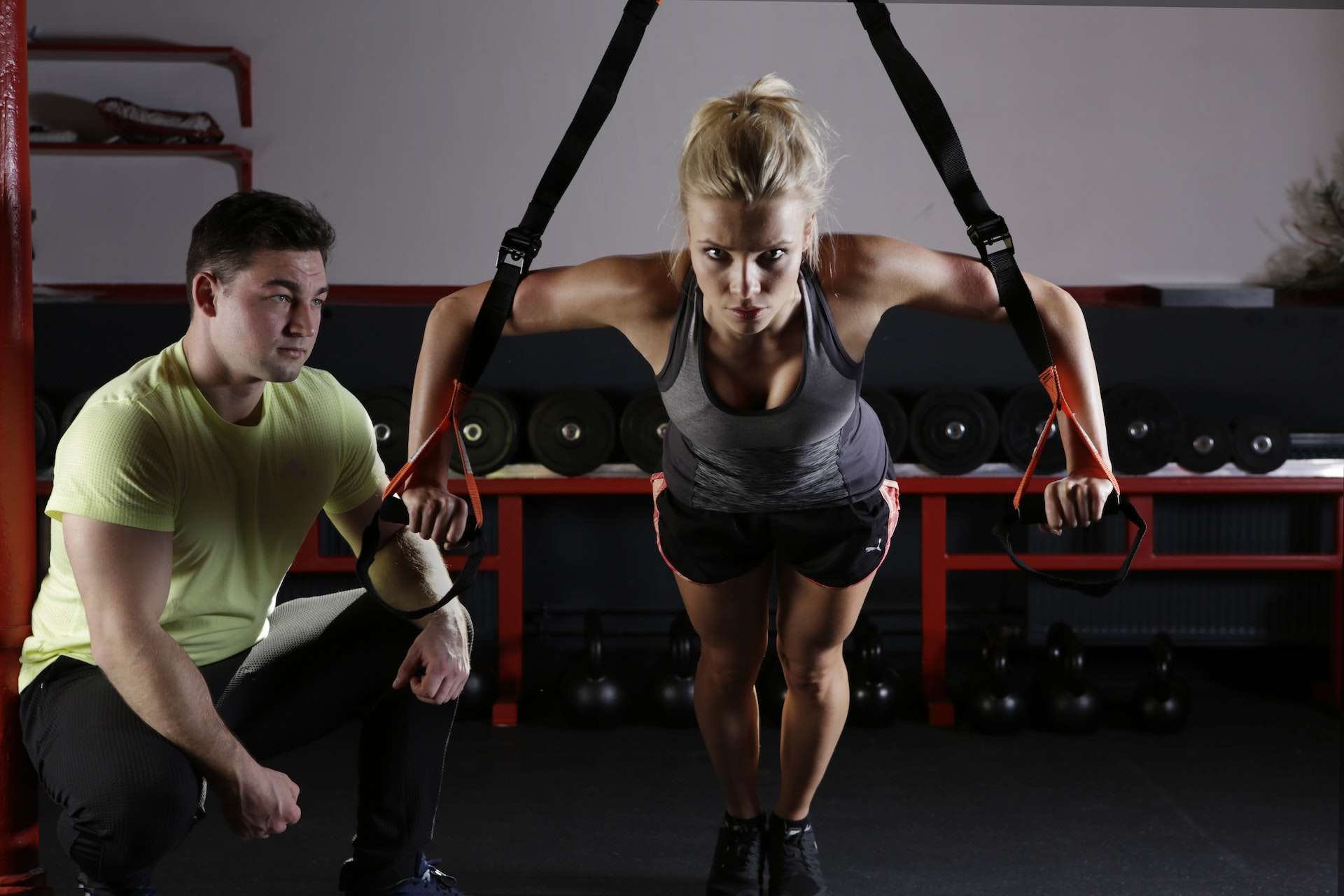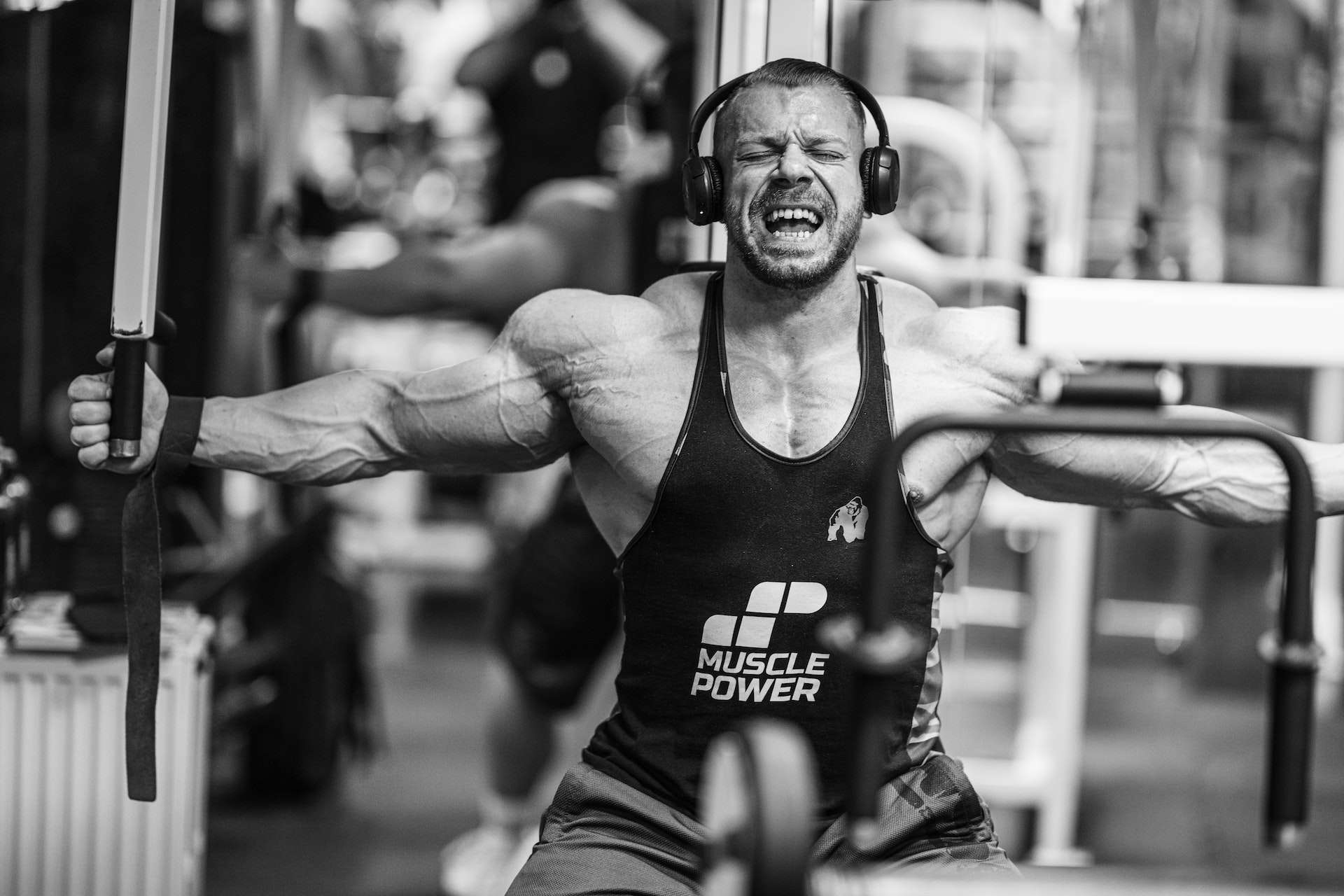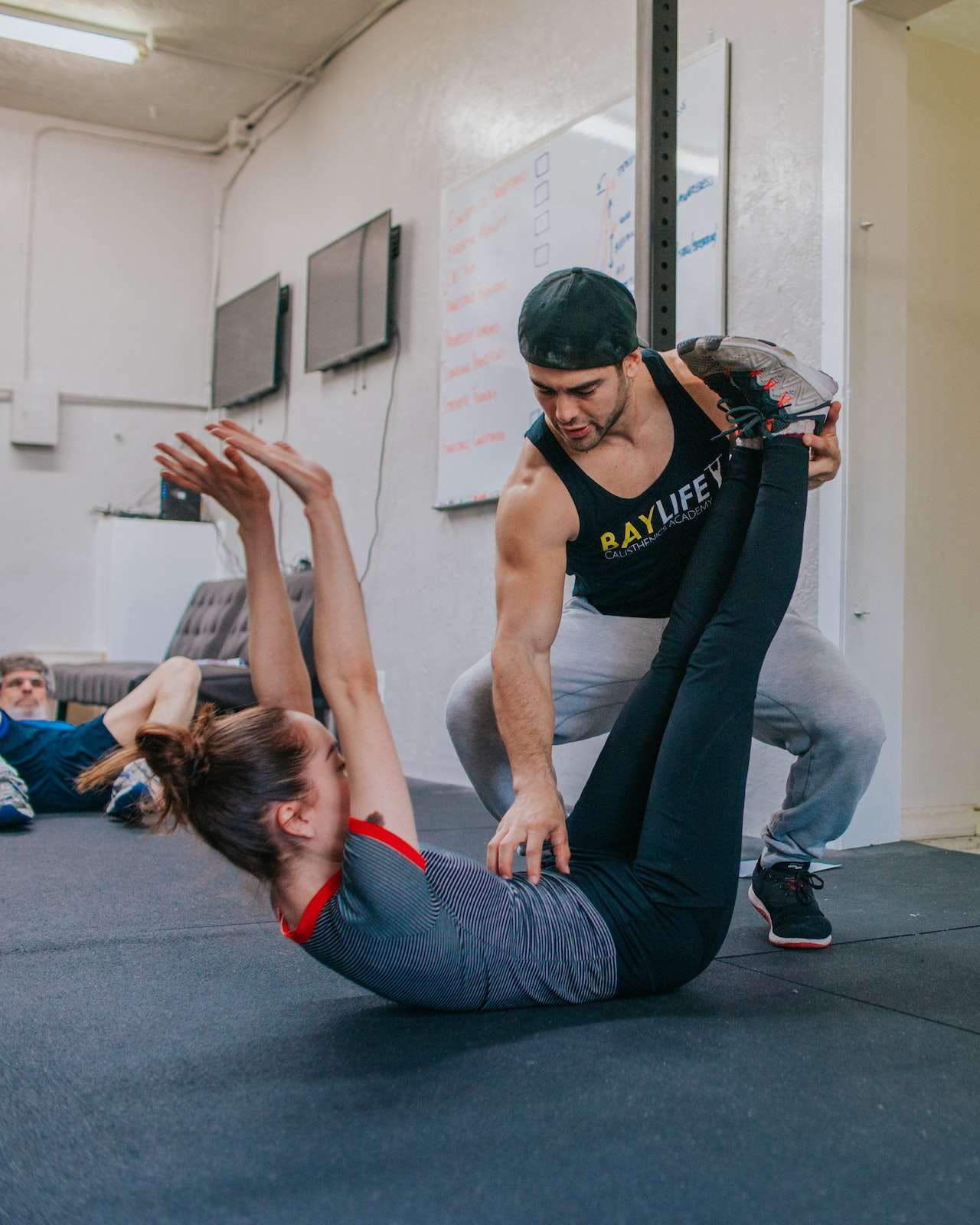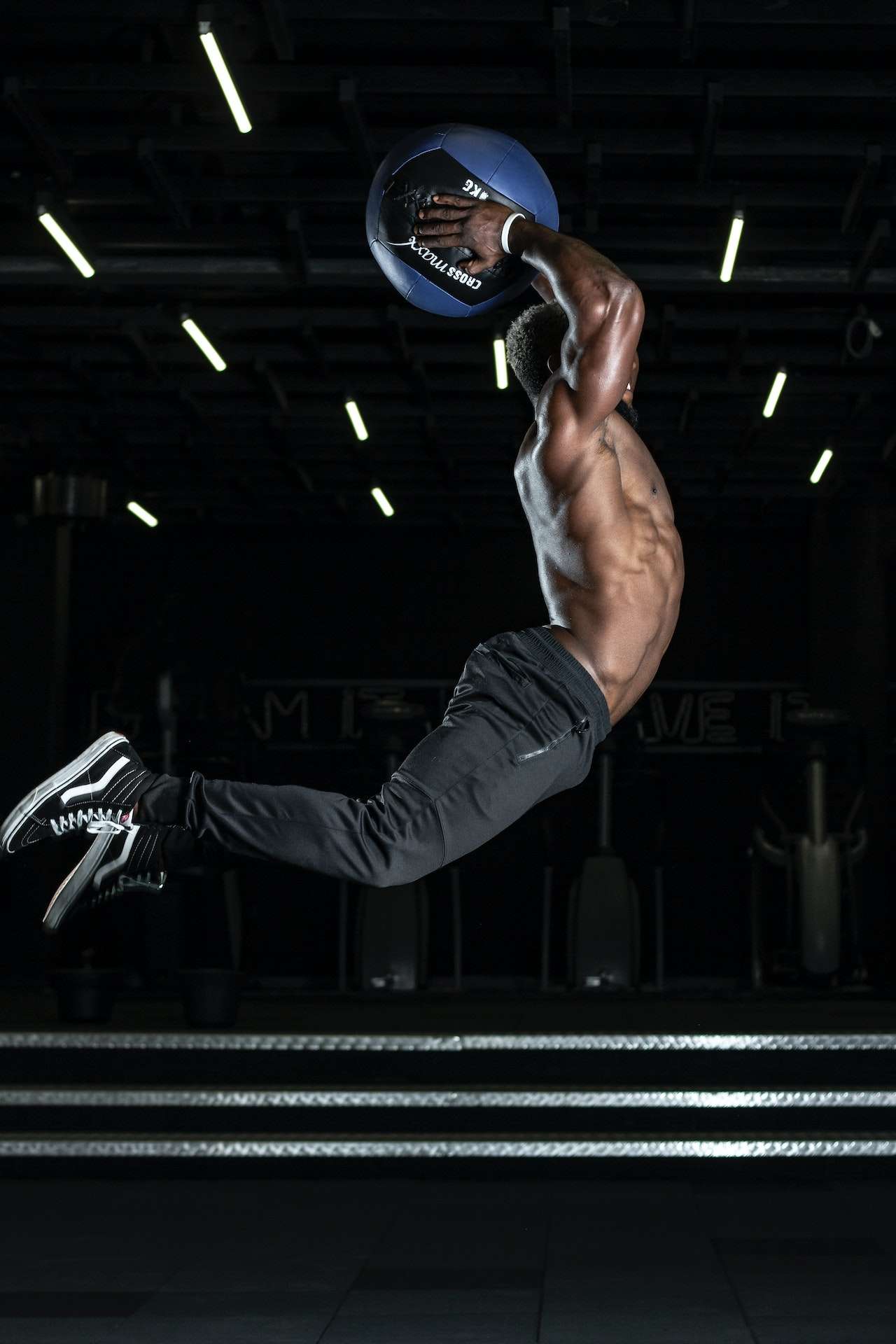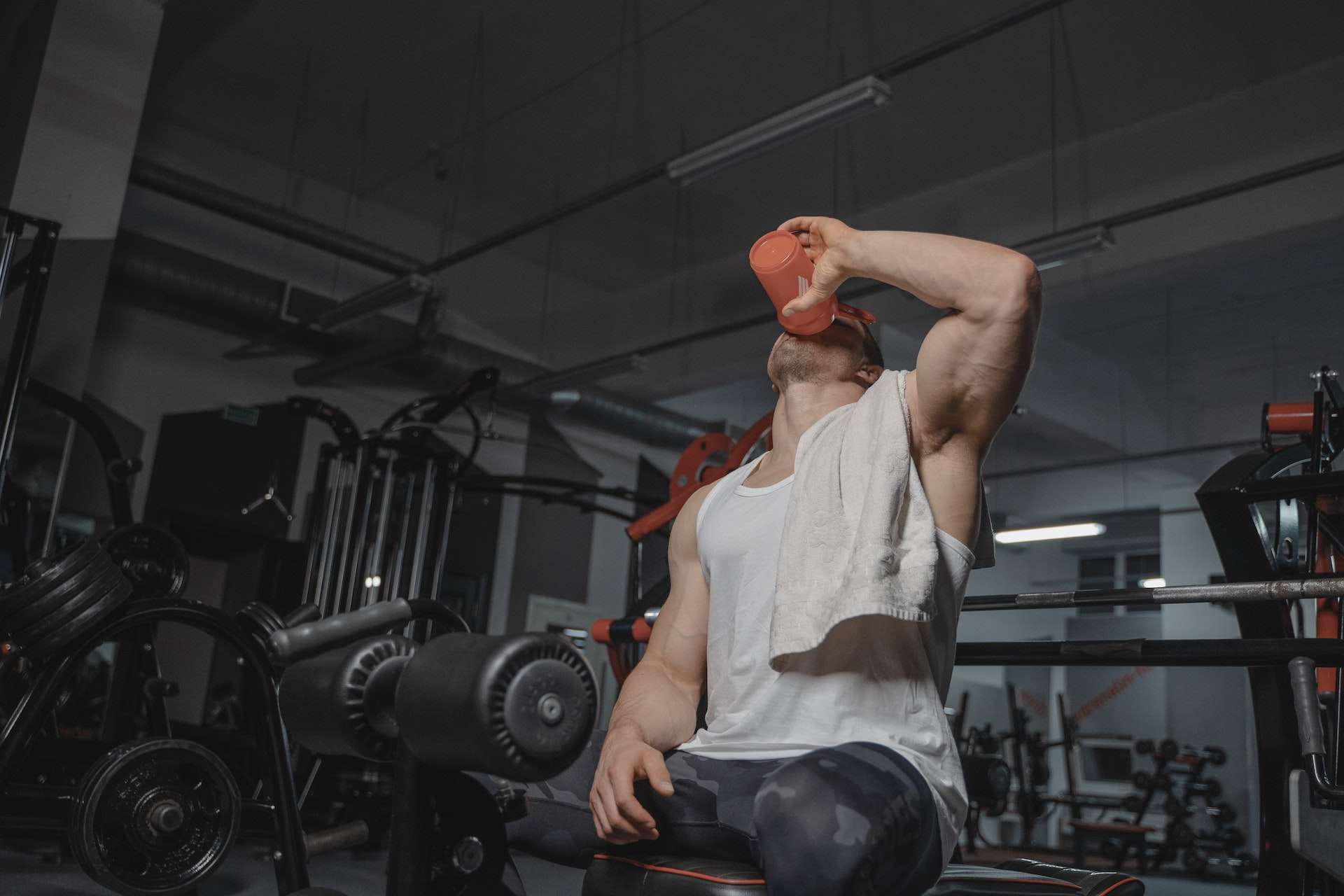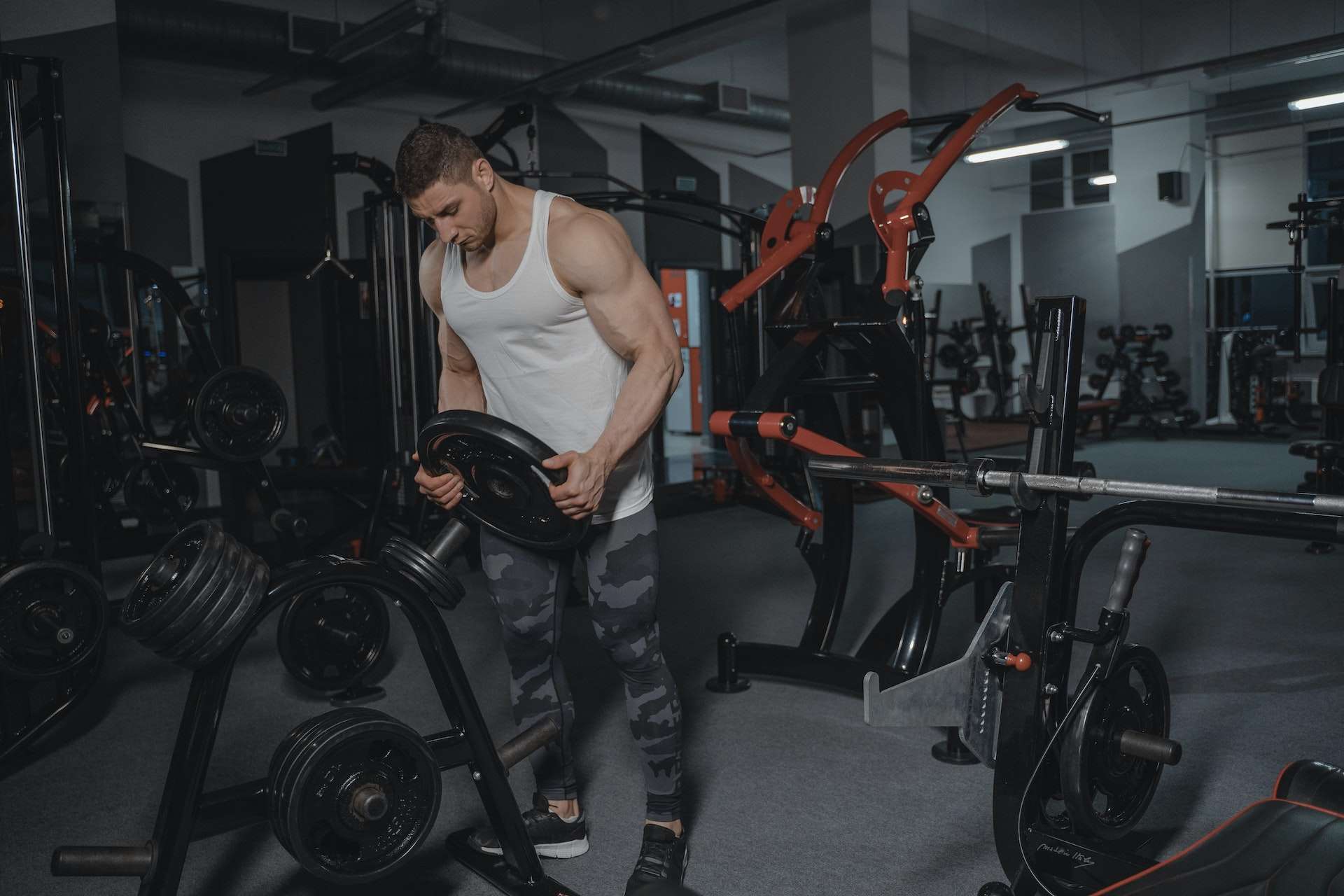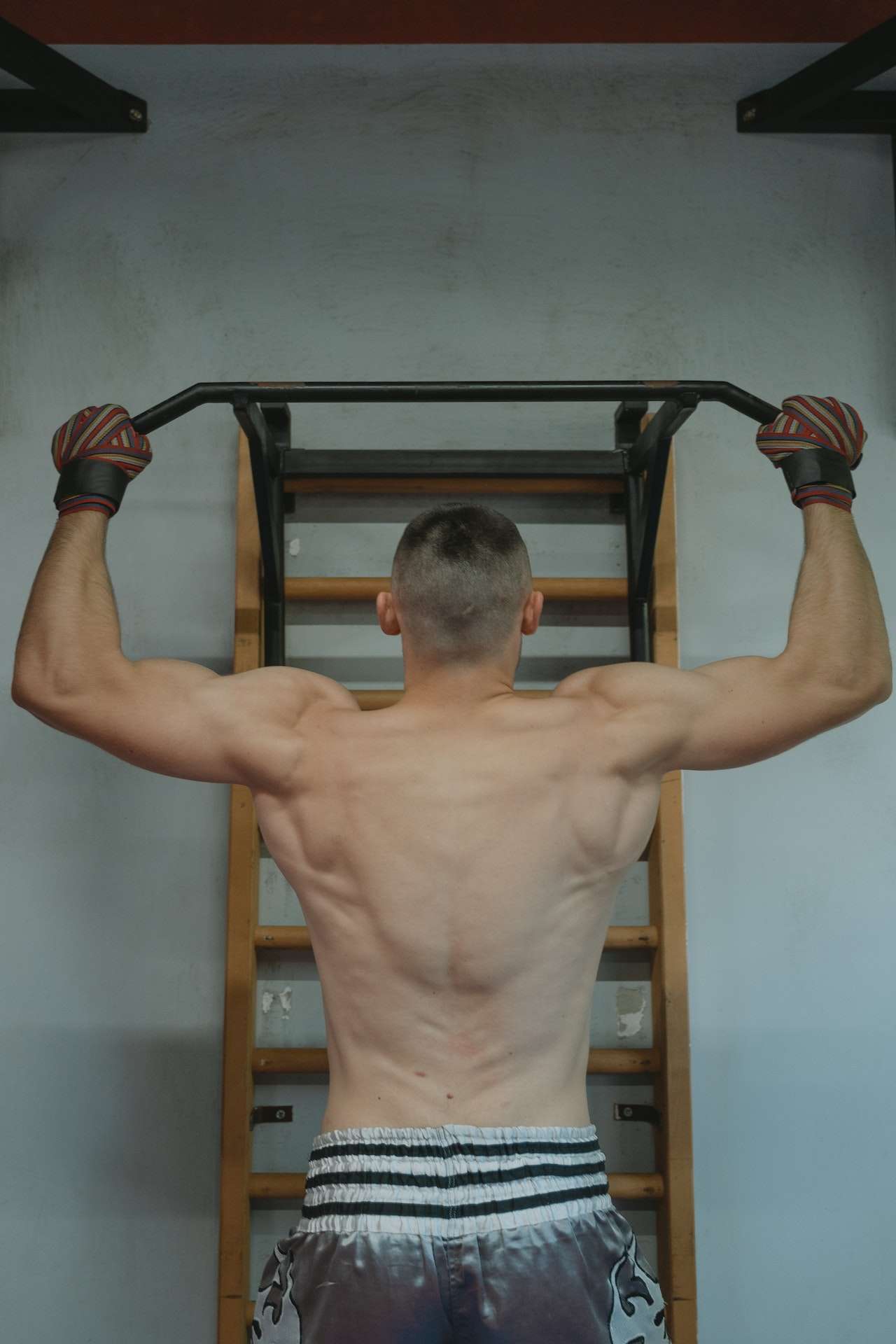|
Have you ever been to the gym, watched someone lift heavy weights, and wondered if they were a bodybuilder or training for functional fitness? It can be challenging to distinguish between the two, but understanding the differences is essential. Take my friend, Dave, for example. He wanted to get stronger but stay agile and fit to play sports with his mates. He had heard of bodybuilding and functional fitness but didn’t know which was right for him. After researching, Dave discovered that significant differences between bodybuilding and functional fitness helped him decide which training style was most suitable for his goals. In this article, we will explain the difference between bodybuilding and functional fitness so that you can decide which type of exercise best suits your needs. So prepare to dive into the world of exercise science as we explore the pros and cons of both training styles!
Table of Contents
show
What Is BodybuildingBodybuilding is a form of exercise that focuses on developing the body’s muscles through weight lifting and other strength-training techniques. It takes dedication, focus, and hard work to achieve the desired results in bodybuilding. There are many types of bodybuilding, from traditional routines to specialized programs. Classic bodybuilding focuses on using weights and machines to increase muscle mass, while technical programs are designed for specific goals, such as powerlifting or improving a physique. For those looking to increase their performance in sports, specific types of bodybuilding programs are designed to enhance athleticism.
The aesthetic side of bodybuilding has taken off in recent years, emphasizing building muscle definition and symmetry. This has led to increased competitions featuring different poses, with athletes judged based on physique. Different steroids are also used for bodybuilding to help athletes reach their goals more quickly. Bodybuilders often use visualization techniques during workouts to stay focused on what they want to achieve. They may also work with coaches or nutritionists to optimize their training and diet plans for maximum results. Any successful bodybuilder will invest much time and effort into achieving their goals. Bodybuilding requires patience, discipline, and dedication, but the rewards can be great if done correctly – increased athletic performance or simply becoming physically more attractive. With the proper guidance and mindset, anyone can become a successful bodybuilder! What Is Functional FitnessFunctional fitness is a type of exercise that emphasizes strength and conditioning beyond aesthetics. It focuses on movements that are functional and beneficial to everyday life rather than bodybuilding centered around physical appearance. Functional fitness incorporates all types of bodybuilding – from the muscular physique of a competitive bodybuilder to those with low BMI who focus on developing core strength.
Many bodybuilding classes, such as Pilates, Yoga, CrossFit, and Calisthenics, are available. Female bodybuilding competitions can also focus on physical fitness, diet, and lifestyle choices. Different bodybuilding drugs and supplements are also available for athletes who want to reach peak performance in their sport or exercise regime. Functional fitness is a great way to develop overall strength, balance, and coordination – beyond what traditional bodybuilding offers. It can improve your posture, provide better stability during movement, increase your endurance, and help you become more agile. The goal with this type of exercise is always about striving for mastery – both physically and psychologically – which makes it particularly appealing for those looking to build their confidence in their abilities. The Goals Of Bodybuilding Vs. Functional FitnessBodybuilding and functional fitness are distinct forms of exercise with different goals and objectives. While both involve physical activity, the types of muscle-building exercises and bodybuilding food used to achieve the desired results vary greatly. When it comes to bodybuilding, it is all about gaining mass and strength through a combination of weightlifting and dietary supplements. All bodybuilding exercises use weights, including dumbbells, barbells, pulleys, benches, machines, and free weights. Depending on which type of muscle-building exercise you choose to incorporate into your routine, devices may or may not be included in the workout. Additionally, bodybuilders often adopt a rigorous diet plan that incorporates specific classes of bodybuilding food, such as proteins, carbohydrates, and fats, to gain maximum weight quickly. There are two types of bodybuilding food, such as egg whites for protein sources; oats for carbohydrates; nuts for healthy fats; etc., plus three types of bodybuilding food like shakes or powders made from whey protein concentrate. Women can also engage in bodybuilding with some different types of body builds females tailored explicitly towards their needs. Several bodybuilding competitions are available for people looking to build muscle mass – including novice categories for beginners and advanced categories for experienced competitors. Whether you’re looking to grow massive muscles or get fit, both methods have their advantages – but understanding the goal behind each form is key when deciding which one is right for you. The Training Methods Of Bodybuilding Vs. Functional FitnessWhen it comes to training your body, you have a few different options. It all boils down to whether you want to bulk up or increase your functional fitness. Bodybuilding and functional fitness are two very different approaches to getting in shape. Let’s take a closer look at the training methods of each one. First, let’s look at bodybuilding. This exercise focuses on building bigger muscles, often to compete in bodybuilding competitions. There are many bodybuilding types for male and female athletes, such as physique, bikini, classic physique, and figure competitions. These involve specific shapes and sizes you need to reach to be considered competitive in the sport. Bodybuilders use heavy weights to get there and usually adhere to an extreme diet of specific foods and supplements designed for muscle growth and development.
On the other hand, functional fitness is more about training your muscles in ways that will help you perform daily tasks with greater ease and efficiency. Functional fitness is a type of exercise that focuses on training multiple muscle groups at the same time by performing movements that mimic everyday activities such as pushing, pulling, and squatting. Unlike traditional weightlifting exercises such as bicep curls or bench presses, functional fitness may involve using kettlebells, resistance bands, or even just your body weight. So while both disciplines can help you achieve better physical health and performance goals depending on what those goals are, it’s essential to understand the differences between them before deciding which approach to pursue. Now we’ll explore the muscle groups each method targets – let’s see how they compare! The Muscle Groups Targeted In Bodybuilding Vs. Functional FitnessOne of the most important differences in bodybuilding and functional fitness is in their target muscle groups. Bodybuilding is about building larger, stronger muscles, while functional fitness focuses on improving strength and stability in normal daily activities. Bodybuilders often focus on exercises that target large muscle groups such as the biceps, triceps, chest, back, and shoulders. They also use compound lifts like squats, deadlifts, and presses to build strength and size. Bodybuilders will eat various bodybuilding foods, such as protein bars, shakes, eggs, and lean meats, to maximize muscle growth. Other types of bodybuilding supplements can also be used to help improve performance or increase muscle mass. Bodybuilders need to understand which gym exercises are best for their goals. Functional fitness training is focused more on everyday movements rather than building big muscles. It utilizes compound exercises with lighter weights and higher reps to work on balance, stability, and coordination. The goal is to increase strength that translates into real-world applications like carrying groceries or playing sports. You don’t need as many different bodybuilding foods for this type of training since the goal isn’t to increase muscle mass; instead, you need enough fuel to support your workouts. Healthy meals packed with carbs, proteins, and fats will provide the energy required for a functional fitness routine. Regarding bodybuilding vs. functional fitness, understanding the different muscle groups targeted by each type of training is critical for achieving your goals. The Role Of Nutrition In Bodybuilding Vs. Functional FitnessNutrition plays a critical role in the differences between bodybuilding and functional fitness. For those interested in creating a physique or competing, bodybuilding nutrition is about building and maintaining muscle mass, considering the types of bodybuilding shows, steroids, competitions, bodies, and body shapes in the sport. On the other hand, functional fitness nutrition is focused on fueling performance and optimizing health based on different types of bodies at the gym as well as various types of human body builds. Understanding how nutrition impacts bodybuilding and functional fitness differently is essential. Regarding bodybuilding nutrition, macronutrients like protein are necessary for building muscle mass and allowing muscles to recover after intense workouts.
Macronutrients must also be consumed to support strength gains while minimizing fat storage. In contrast, functional fitness nutrition emphasizes nutrient-dense whole foods that provide long-term energy instead of just pre-workout energy boosts. Additionally, it is essential for athletes engaging in practical fitness activities to pay attention to their micronutrient intake for overall health benefits such as improved immunity and joint health. As such, it’s clear that carefully planned nutrition plays an integral role in achieving success with either form of exercise — whether it’s sculpting a physique or performing better during physical activities. It’s crucial for individuals looking to get into either field to understand their dietary needs to make informed decisions when planning their meals. By doing this, they will set themselves up for success on their journey toward meeting their goals. The Use Of Supplements In Bodybuilding Vs. Functional FitnessRegarding bodybuilding and functional fitness, supplements can be a significant difference. Bodybuilders rely on supplements like whey protein, creatine, and glutamine to help build muscle mass. On the other hand, functional fitness emphasizes exercises that focus on core strength and stability with minimal equipment or supplementation. Many types of bodybuilding training are available, including male-specific training systems, categories of bodybuilding such as powerlifting and physique competition, and various types of muscle-building programs. Supplements used in bodybuilding vary according to the type of program being followed; some may require additional protein intake, while others may focus more on electrolyte balance or energy levels. Steroids are also commonly used by athletes participating in professional bodybuilding shows to enhance performance. Although there is a clear distinction between the use of supplements in bodybuilding vs. functional fitness, they have unique benefits for overall health and performance. A closer look at each style’s impact can illuminate the best approach for you. The Impact Of Bodybuilding Vs. Functional Fitness On Overall HealthRegarding overall health, bodybuilding and functional fitness have distinct impacts. Bodybuilding focuses on building muscle mass through intense training and dieting, while functional fitness emphasizes mastering movements of everyday activities. Both types of exercise can benefit your health, but understanding how they differ is essential when deciding which is correct. To begin with, bodybuilding typically involves using steroids or other supplements to increase muscle size, while functional fitness does not always require accessories. Different bodybuilders may require different types of steroids and other supplements depending on their goals. In terms of physical appearance, bodybuilders usually focus on getting bigger, whereas those who practice functional fitness tend to prioritize agility and mobility.
In terms of competition, bodybuilders participate in physique competitions such as Mr. Olympia or Ms. Bikini, where they are judged based on physical attributes like muscularity, symmetry, etc. In contrast, those who practice functional fitness usually do not compete in events like these. Additionally, various bodybuilding jobs involve training others for physique-oriented competitions, such as personal trainers or coaches. Finally, bodybuilding requires more specialized equipment than functional fitness, such as barbells and weightlifting benches. In contrast, the latter only requires minimal equipment, such as a pull-up bar or medicine ball. Bodybuilding and functional fitness both have unique benefits when it comes to overall health, depending on what your individual goals are. Knowing the differences between these two types of exercises will help you decide which is correct. The Differences In Equipment Used For Bodybuilding Vs. Functional FitnessBodybuilding and functional fitness involve exercises that help build strength, muscle mass, and overall physical health. But there are distinct differences in the types of equipment used for each. For bodybuilding, a wide range of machines are available depending on the type of bodybuilding desired. From free weights to cable machines to weight plates and even specialized “bodybuilding” machines like squat racks and benches—there is something for everyone. In contrast, functional fitness often utilizes more traditional equipment such as barbells, dumbbells, kettlebells, rings, jump ropes, or medicine balls. When it comes to the types of physiques associated with each form of exercise, they differ significantly as well. Bodybuilding is typically associated with larger muscles achieved through bulking up with various kinds of steroids—both legal and illegal. On the other hand, functional fitness focuses more on developing leaner muscles by concentrating on proper form and technique when performing exercises rather than relying solely on weights. While female bodybuilders have become more common in recent years than ever—especially among younger generations—the traditional image associated with women who lift remains a leaner physique with less bulk than male bodybuilders. No matter which type of exercise you choose—whether bodybuilding or functional fitness—it’s essential to understand the difference in equipment used to make an informed decision about which is best for your individual goals. With knowledge about these differences, you can ensure you have all the tools necessary to stay safe while achieving your goals! The Differences In Recovery And Injury Prevention For Bodybuilding Vs. Functional FitnessThere are distinct differences in how bodybuilding and functional fitness affect our recovery and injury prevention. Firstly, bodybuilding focuses on developing specific body builds and building joints and muscles with different body lifts using heavy loads. On the other hand, functional fitness concentrates more on exercises designed to help improve daily activities such as carrying groceries or playing sports like soccer. The types of bodybuilding vary between men and women. Men typically focus on three main types: muscle building, strength building, and powerlifting. Women usually focus on different female-specific types of bodybuilding, such as figure or physique competitions. In contrast to this, functional fitness has several types, such as CrossFit training, gymnastics strength training, Olympic weightlifting, and plyometrics which all have a variety of ways to build muscle while improving coordination, balance, and flexibility to perform daily tasks better.
Injury prevention is one area where the two training methods differ significantly. Bodybuilding can put a lot of strain on specific joints due to its heavier loading. In contrast, functional fitness puts less stress on the joints by focusing more on movements that mimic everyday activities instead of isolating specific muscles. This makes it easier for someone new to exercise or recovering from an injury to safely get back into shape without risking further damage to their bodies. Bodybuilding is great for those looking for a more aesthetic result. At the same time, functional fitness is ideal for individuals who want to improve overall health without worrying about straining joints or muscles. It is essential for anyone starting either type of exercise program to understand how each affects their recovery and injury prevention so they can make an educated decision when deciding which type best fits their lifestyle needs. Conclusion:Bodybuilding and functional fitness are two disciplines that offer various benefits. Bodybuilding is focused on building aesthetic muscle mass, while functional fitness focuses on developing strength and mobility for daily activities. While both types of exercise involve lifting weights, the goals, targeted muscle groups, supplements, and equipment can be quite different. Additionally, each variety of exercise’s recovery and injury prevention strategies vary significantly. Choosing between bodybuilding and functional fitness depends on personal goals and preferences. If you want to improve your physique or overall health, bodybuilding and functional fitness can be beneficial forms of exercise. With proper guidance from a qualified professional or trainer, you can choose the best form of exercise to meet your individual needs. Whether it’s bodybuilding or functional fitness that resonates with you most powerfully, you’ll reap numerous health benefits from whichever one you decide to pursue. So get out there and start moving. |
